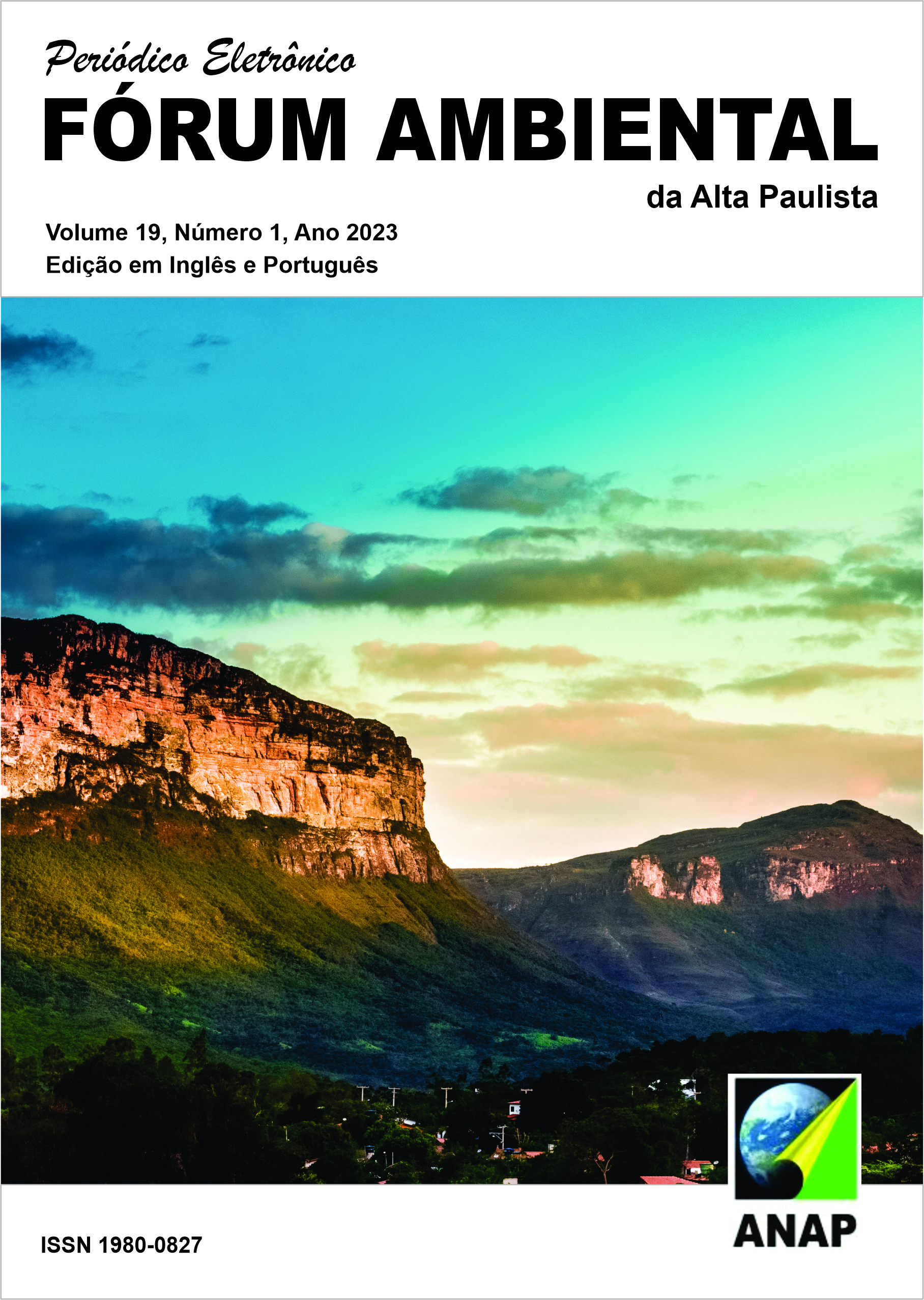Incompatibility in Permanent Preservation Areas and Land Use in the Sanabani River Basin Silves-AM in 2019
DOI:
https://doi.org/10.17271/1980082719120233485Palavras-chave:
Conservation Areas. Permanent. Use of the earth.Resumo
The objective of the present study was to map and identify the occurrence of legal incompatibilities in land use in the permanently protected areas of the Sanabani River basin in the municipality of Silves-AM. Landsat 8 OLI imagery for 2019 was used to develop the land use and vegetation cover analysis map. The next step consisted in the digital processing of the images, using the software QGIS and SPRING. The delineation of the hydrographic channels of the study area was used to develop the map of the permanent conservation area, we used the digital elevation model of Topodata and satellite imagery available in the Google satellite catalog through the QuickMapServices extension in QGIS to create drainage lines. Land use mapping and vegetation cover were classified as forested, deforested, and water areas. The forested land class covered a total of 617.89 km2, representing 92.99%, while deforested land covered a total of 26.90 km2, representing 4.05%. On the other hand, the water areas had a total area of 19.71 km2, equivalent to 2.97%. The legally defined areas classified as compatible show that 99% of the AAs are preserved. On the other hand, the areas classified as incompatible represent only 1% and are mainly located in the south and southeast of the basin.
Downloads
Referências
Publicado
Edição
Seção
Licença

Este trabalho está licenciado sob uma licença Creative Commons Attribution-NonCommercial-ShareAlike 4.0 International License.













